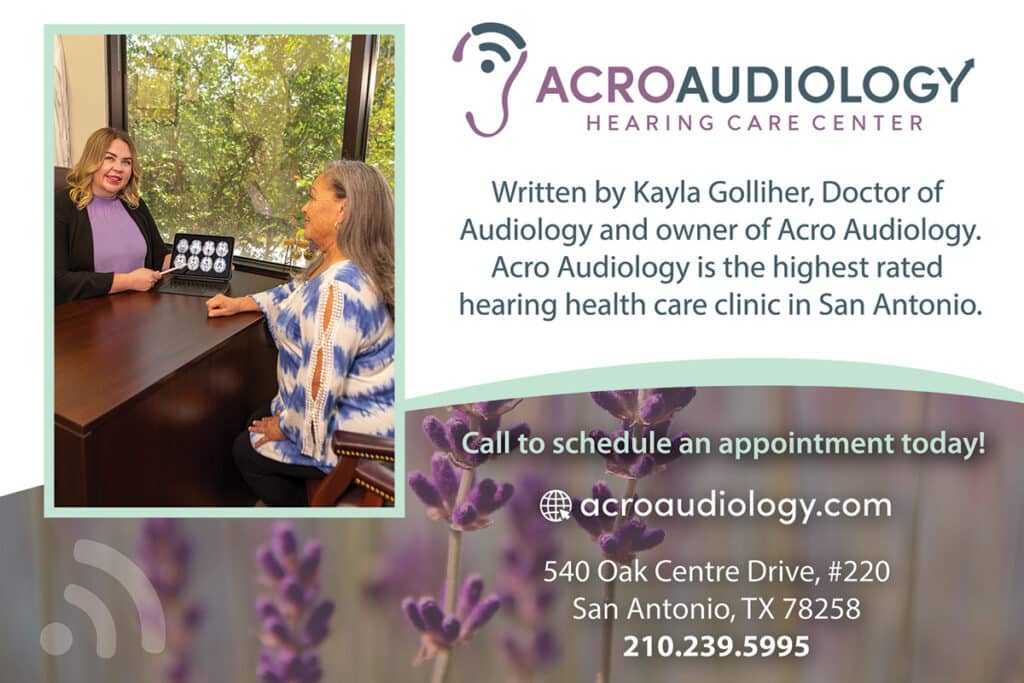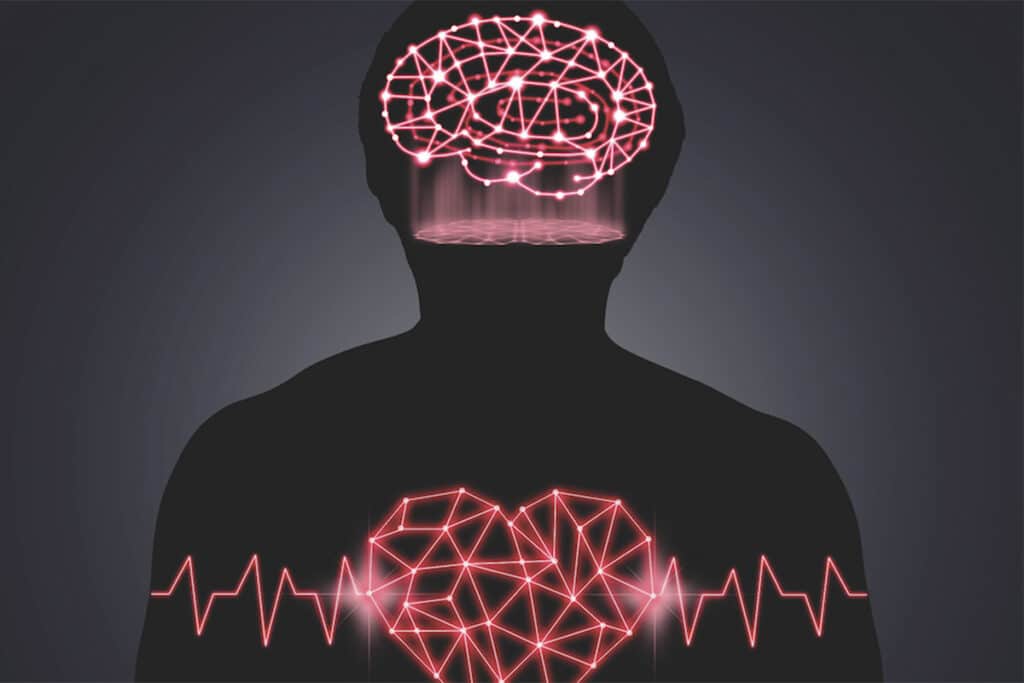Losing your keys, running late, interrupting conversations or forgetting what you need at the grocery store happens to everyone at one time or another. For some, all of those things and more are an everyday reality, a source of constant aggravation, guilt and anxiety. Does it mean restless, impulsive or inattentive people are just flighty? Or do these behaviors amount to something more, such as attention deficit hyperactivity disorder (ADHD)? A highly publicized childhood disorder, ADHD affects approximately 3 to 5 percent of all children. Until the 1970s, it was believed that ADHD was simply outgrown in adolescence.
Gradually the psychiatric community began to realize that while the hyperactivity component may diminish, the attention and impulsive aspects may persist into adulthood. That’s why many people refer to the adult form of the disorder as attention deficit disorder (ADD). A recent National Institutes of Mental Health-funded survey tracking the disorder’s prevalence found that an estimated 4.4 percent of adults, roughly 8 million, ages 18-44 in the United States, experience symptoms and some disability.
ADULT ADHD
How does the realm of Ritalin and roughhousing translate into the adult world? The symptoms tend to be more varied and subtler in adults than in children. Authors of the national bestsellers Driven to Distraction= and Answers to Distraction, Edward M. Hallowell, M.D., and John J. Ratey, M.D., describe common traits and symptoms that tend to present in the adult form of the disorder:
A sense of underachievement, of not meeting one’s goals (regardless of how much one has actually accomplished). This symptom is one of the most common reasons an adult seeks help. “I just can’t get my act together!” is frequently heard. The person may be highly accomplished by objective standards, or may be floundering, stuck with a sense of being lost in a maze, unable to capitalize on innate potential.
Difficulty getting organized. This is a major problem for most adults with the disorder. Without the structure of school, without parents around to get things organized for him or her, the adult may stagger under the organizational demands of everyday life.
Chronic procrastination or trouble getting started. Adults with ADHD associate so much anxiety with beginning a task because of their fears that they won’t do it right that they put it off, and off, which, of course, only adds to the anxiety around the task.
Many projects going simultaneously; trouble with follow-through. As one task is put off, another is taken up. By the end of the day, or week, or year, countless projects have been undertaken, while few have found completion.
A tendency to say what comes to mind without necessarily considering the timing or appropriateness of the remark. Like the child with ADHD in the classroom,= the adult with ADHD gets carried away in enthusiasm.
An ongoing search for high stimulation. The adult with ADHD is always on the lookout for something novel, something engaging, something in the outside world that can catch up with the whirlwind that’s rushing inside.
A tendency to be easily bored. Boredom surrounds the adult with ADHD like a sinkhole, ever ready to drain off energy and leave the individual hungry for more stimulation. This can easily be misinterpreted as a lack of interest; actually it is a relative inability to sustain interest over time.
Easy distractibility, trouble focusing attention, the tendency to tune out or drift away in the middle of a page or a conversation, often coupled with an ability to hyperfocus at times.
Often creative, intuitive, highly intelligent. More of a trait than a symptom, it shows up in people as unusually creative minds. In the midst of their disorganization and distractibility, they show flashes of brilliance. Capturing this “special something” is one of the goals of treatment.
Trouble in going through established channels, following proper procedure. Contrary to what one might think, this is not because of some unresolved problem with authority figures. Rather, it is a manifestation of boredom and frustration: boredom with routine ways of doing things and excitement around novel approaches, and frustration with being unable to do things the way they’re supposed to be done. Additional symptoms include impatience, impulsiveness, a tendency to worry needlessly, sense of impending doom, mood swings, depression, restlessness, chronic self-esteem problems, a tendency toward addictive behavior, family history of ADHD and inaccurate self-observation.
SUPERWOMAN COMPLEX OR ADHD?
While both men and women with the disorder struggle to face the increased challenges and complexity that come with their adult years, the impact of ADHD upon women is sometimes greater because of differences in social expectations as well as hormonal differences between the sexes. Now women are expected to juggle homemaking, child care and full-time employment, along with a full complement of extracurricular activities for their children. “The biggest problem I see with adult women with ADHD is that they often have ADHD children who need a structured home environment,” says Patricia Beck, M.D., a psychiatrist who treats adolescents at the San Antonio State Hospital. “Providing that structure can be very difficult for an impulsive, off-task mom.” What is highly stressful for a woman without ADHD becomes a continuing crisis for a woman with the disorder. These women frequently suffer from anxiety, depression and low self-esteem because they find they can’t live up to the superwoman image that so many women attempt today.
DIAGNOSIS
Many times when a child is diagnosed with the disorder, a parent will recognize that he or she has many of the same symptoms the child has. Other adults will seek professional help for depression or anxiety and find out the root cause of some of their emotional problems is ADHD. “Diagnosing an adult with ADHD is not easy,” says Benigno Fernandez, M.D., a board-certified psychiatrist who has been in practice for 13 years. “Typically, adults with ADHD are unaware that they have this disorder — they often just feel that it’s impossible to get organized, to stick to a job, to keep an appointment.” Dr. Fernandez stresses the importance of an accurate diagnosis. “It should be made by a clinician with expertise in the area of attention dysfunction,” says Dr. Fernandez, who is also the executive medical director for Laurel Ridge Treatment Center, in addition to his private practice at River Ridge Behavioral Health. A history of the patient’s childhood behavior, together with an interview with his or her life partner, a parent, close friend or other close associate, will be needed. A physical examination and psychological tests are also given.
TREATMENT
Successful treatment of adult ADHD usually involves medication, along with education and therapy. Adults with ADHD often start with a stimulant medication. These drugs boost and balance levels of two brain chemicals: dopamine, which is associated with activity, and norepinephrine, which is associated with mood and behavior. Antidepressants may also be prescribed to treat adult ADHD. Like stimulants, they affect dopamine and norepinephrine. “Although medications may reduce inattention and hyperactivity, they cannot solve all the problems of ADHD, such as poor social skills, troubled relationships and inability to prioritize and organize,” says John Huxsahl, M.D., a child and adolescent psychiatrist at the Mayo Clinic. “Education is often a key part of treatment. Learning about the disorder and what to expect can help. Working with a therapist or other professional who can provide tools and techniques to maintain organization — such as using a date book, lists, reminders and keeping important items like keys and bills all in one place — can increase confidence for an adult with ADHD.” Psychotherapy may also be prescribed. It offers adults with ADHD the opportunity to talk about issues or problems they may be facing, explore their behavior patterns and learn to deal with their symptoms in positive ways.
IT’S BIOLOGY, NOT WEAKNESS!
Often sufferers of ADHD think their problems are a result of a weakness in character or lack of willpower, but it is a genetically-transmitted neuropsychiatric condition. It is caused by biology, by how a person’s brain is wired. If you think you or a loved one may have ADHD, seek help. An accurate diagnosis can bring a sense of relief and hope.




